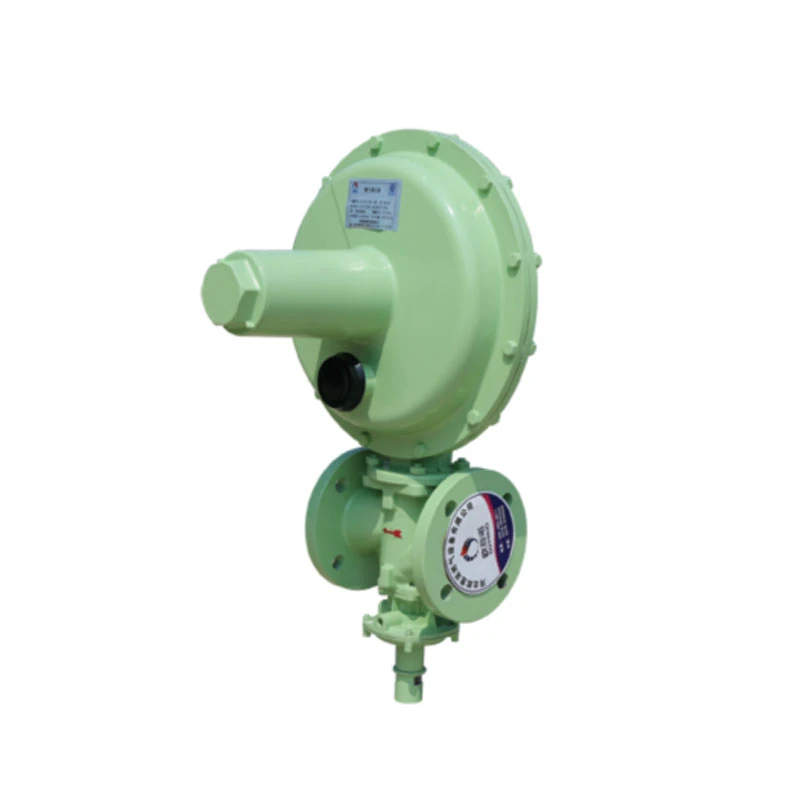
Nov . 12, 2024 21:57
Back to list
natural gas filtration
Natural Gas Filtration Ensuring Purity and Efficiency in Energy Production
Natural gas has emerged as one of the most favored sources of energy across the globe. Its applications range from electricity generation to heating and as a feedstock in chemical manufacturing. However, the purity of natural gas is crucial to maximizing its efficiency and minimizing environmental impacts. This is where natural gas filtration comes into play, serving as a critical process to ensure that the gas is free from impurities before it is distributed or utilized.
The Importance of Filtration in Natural Gas Processing
Natural gas that is extracted from underground reservoirs often contains various impurities, including water, sand, hydrocarbons, sulfur compounds, and other particulates. These contaminants can lead to problems such as corrosion, reduced efficiency in gas-burning equipment, and increased emissions of harmful substances. Consequently, filtration serves a dual purpose safeguarding equipment and ensuring the clean combustion of the gas, which has implications for air quality and compliance with environmental regulations.
Effective filtration processes can enhance the performance of gas transmission systems and end-user applications. For example, impurities can lead to blockages in pipelines, damage to compressors, and ultimately costly downtimes for energy producers. Therefore, implementing robust filtration solutions is essential for maintaining the operational integrity of natural gas systems.
Types of Filtration Techniques
Natural gas filtration employs various methods, depending on the specific contaminants that need to be removed and the desired purity level. Some of the most common filtration techniques include
1. Mechanical Filtration This involves the use of physical barriers, such as mesh screens or filters, to trap larger particulates and debris. These filters can vary in size and porosity to capture different types of contaminants effectively.
2. Coalescers Coalescing filters are designed to remove water and other liquid hydrocarbon contaminants by allowing smaller droplets to combine into larger ones, which can then be more easily separated from the gas stream.
natural gas filtration

3. Adsorption This technique utilizes substances such as activated carbon or silica gel to attract and hold impurities on their surfaces. Adsorption is particularly effective for removing sulfur compounds, volatile organic compounds (VOCs), and other harmful substances from the natural gas stream.
4. Membrane Technology Membrane filters are increasingly being used for their efficiency and the ability to selectively separate contaminants based on size and chemical properties. This technology has favorable implications for both purification and removal of specific gas components.
Challenges in Natural Gas Filtration
While filtration is a boon for natural gas quality management, it also presents certain challenges. Regular maintenance and monitoring are required to ensure that filters remain effective over time. As impurities accumulate, filters can become clogged, causing pressure drops and potentially leading to operational inefficiencies. Therefore, an effective maintenance schedule is crucial to uphold filtration standards.
Moreover, the economic aspect of filtration systems cannot be neglected. The initial investment in high-quality filtration technology may be significant, but the long-term savings derived from reduced maintenance costs, extended equipment lifespan, and compliance with regulations often justify the upfront expenditure.
The Future of Natural Gas Filtration
As the world moves towards a greater emphasis on sustainability and clean energy solutions, the filtration of natural gas will become increasingly important. Innovations in filtration technologies will likely play a critical role in improving efficiency, lowering emissions, and ensuring that natural gas remains a viable energy source in the transition to a low-carbon future.
In conclusion, natural gas filtration is a critical component in the processing and utilization of natural gas. By removing harmful contaminants and improving the quality of the gas, filtration systems help ensure efficient energy production and contribute to environmental protection. As technology progresses, the focus will not only be on the effectiveness of these filtration systems but also their ability to adapt to the changing energy landscape and regulatory requirements.
Next:
Latest news
-
Safety Valve Spring-Loaded Design Overpressure ProtectionNewsJul.25,2025
-
Precision Voltage Regulator AC5 Accuracy Grade PerformanceNewsJul.25,2025
-
Natural Gas Pressure Regulating Skid Industrial Pipeline ApplicationsNewsJul.25,2025
-
Natural Gas Filter Stainless Steel Mesh Element DesignNewsJul.25,2025
-
Gas Pressure Regulator Valve Direct-Acting Spring-Loaded DesignNewsJul.25,2025
-
Decompression Equipment Multi-Stage Heat Exchange System DesignNewsJul.25,2025

